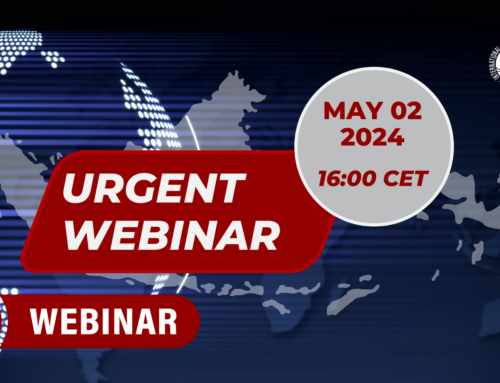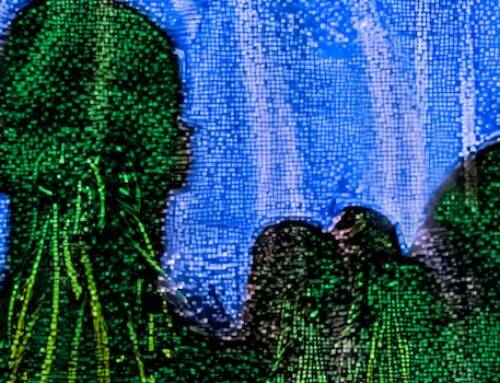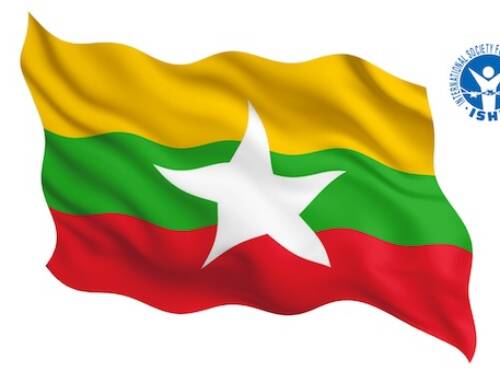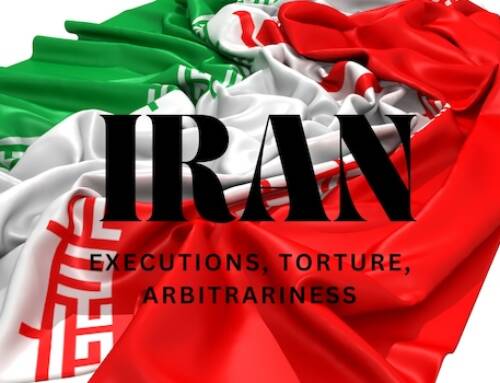
NORTH & SOUTH AMERICA
In July 2020, the Cuban regime decided on a judicial hiatus due to the Covid-19 pandemic. Nevertheless, after the wave of protests in July 2021, the arrested demonstrators were convicted. The judges usually condemn on the basis of little evidence, without the accused being granted defense counsel. President Díaz-Canel with Raúl Castro at the protests in Havana (left). The arrest of a man during a protest on July 11, 2021 in Havana (right).
Hundreds of summary, express trials against demonstrators
ISHR: Hundreds of Cubans still imprisoned or “missing” after the mass protests
Frankfurt / Havana, July 27, 2021 – Non-stop rapid proceedings are intended to stabilize the Cuban regime. Hundreds of protesters are still imprisoned in Cuba and are going through summary trials every day by express courts, according to the International Society for Human Rights (ISHR). Nevertheless, Cubans protest daily against the regime headed by Díaz-Canel and the Cuban Communist Party leaded by Raúl Castro.
Despite a court break ordered since the outbreak of the Coronavirus pandemic, hundreds of express proceedings against protesters are taking place in a great hurry. Most of those arrested are charged with “public disturbance, incitement to a crime and contempt”.
“Cuba is not a constitutional state and is openly showing itself to be a dictatorship. The rapid court proceedings disregard all constitutional standards. The arrested protesters are neither granted defense counsel, nor can bring evidence to be presented before the judges in the summary trials”criticized Martin Lessenthin, spokesman for the ISHR.
As the ISHR (which is represented by a section in Cuba) reports, numerous protesters remain “missing” or have been held in solitary confinement during the last two weeks. Such is the case of former political prisoner, chariman and founder of the civil rights movement UNPACU, José Daniel Ferrer, who was arrested “preventively” on July 11th in Santiago de Cuba. He is currently on hunger strike to protest his arrest.
The judicial break is said to harm critics of the regime
The suspension of legal proceedings was put into effect by the Cuban authorities in July 2020 as a measure to combat the COVID-19 pandemic. Cuban human rights activists criticize that this “court break” is only used when civil rights activists and regime critics want to defend themselves or appeal against their verdict. Imprisoned artists, journalists and activists such as Hamlet Lavastida , Maykel Castillo Pérez and many others remain in legal limbo because of this regulation.





